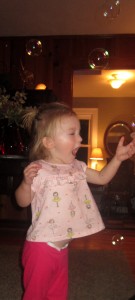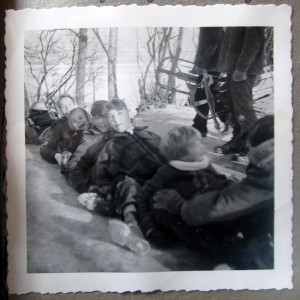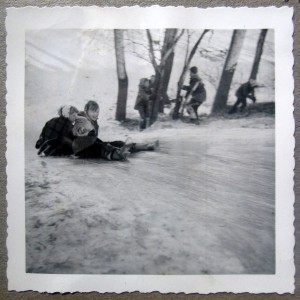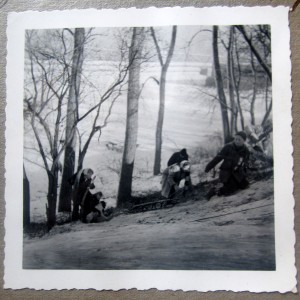In the Garden of Eden, Adam and Eve had only one chore: God instructed them to tend the garden. He had already accomplished the planting, and there were no weeds to pull.  Genesis 2 tells us they didn’t even have to water it, since the river took care of that. From the sound of it, all they had to do was decide which “delicious fruit” they felt like eating each day and then eat it.
Genesis 2 tells us they didn’t even have to water it, since the river took care of that. From the sound of it, all they had to do was decide which “delicious fruit” they felt like eating each day and then eat it.
But then sin and rebellion entered the picture, and everything changed. On that awful day, God approached them in a mindset they’d not seen before. His goal was to have a serious talk with them, describing the demotion they were about to experience. And none of it sounded good.
God used the words “curse, pain, hostility, labor, toil, sweat, thorns, and thistles.” Sadly, this meeting, during which Adam and Eve said nothing, was their last before being ejected from the garden and their perfect lives there. Immediately afterwards, he sent them away.
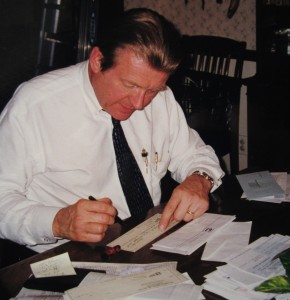
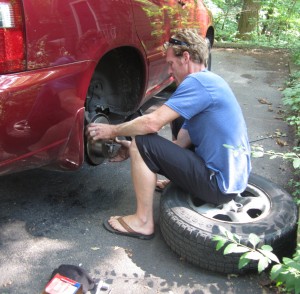 Now, thousands of years later, the words of God’s solemn speech to our ancestors still apply to us. We bump into them virtually every day as we tend to our homes, our cars, our bills, our health, our relationships, and yes, the thorns and thistles in our gardens.
Now, thousands of years later, the words of God’s solemn speech to our ancestors still apply to us. We bump into them virtually every day as we tend to our homes, our cars, our bills, our health, our relationships, and yes, the thorns and thistles in our gardens.
Adam and Eve started out with only one tending-chore, and that a pleasant one. But after sin happened, they and the rest of us have had to tend to one thing or another virtually around the clock. Our work never ends. As Mom used to say, “Even when we sleep, the dust is settling, the weeds are growing, and the sheets are getting dirty.”
But God knew that the many new stresses on his first two people might overwhelm them (and us too), so he did something wonderful. Though he subtracted Adam and Eve’s idyllic lifestyle and substituted a list of negatives, he left some important positives in place.
This young couple would still be able to share laughter, enjoy tasty food, experience pleasing aromas, get excited about things, and experience joy, love, contentment, and lots more. Though God did punish them on that fateful day, he also encouraged them by allowing them to keep many of the good gifts he’d given them in Eden. And amazingly, he continues to give those same gifts to us today.
Surely Adam and Eve walked out of their beautiful garden that day feeling miserable and fearful. But God was actually tending to their hearts in a way they almost certainly didn’t realize then: His strong, saving presence was walking right out with them.
And amazingly, he’s still walking with us today.
“The Lord is like a father to his children, tender and compassionate to those who fear him.” (Psalm 103:13)

